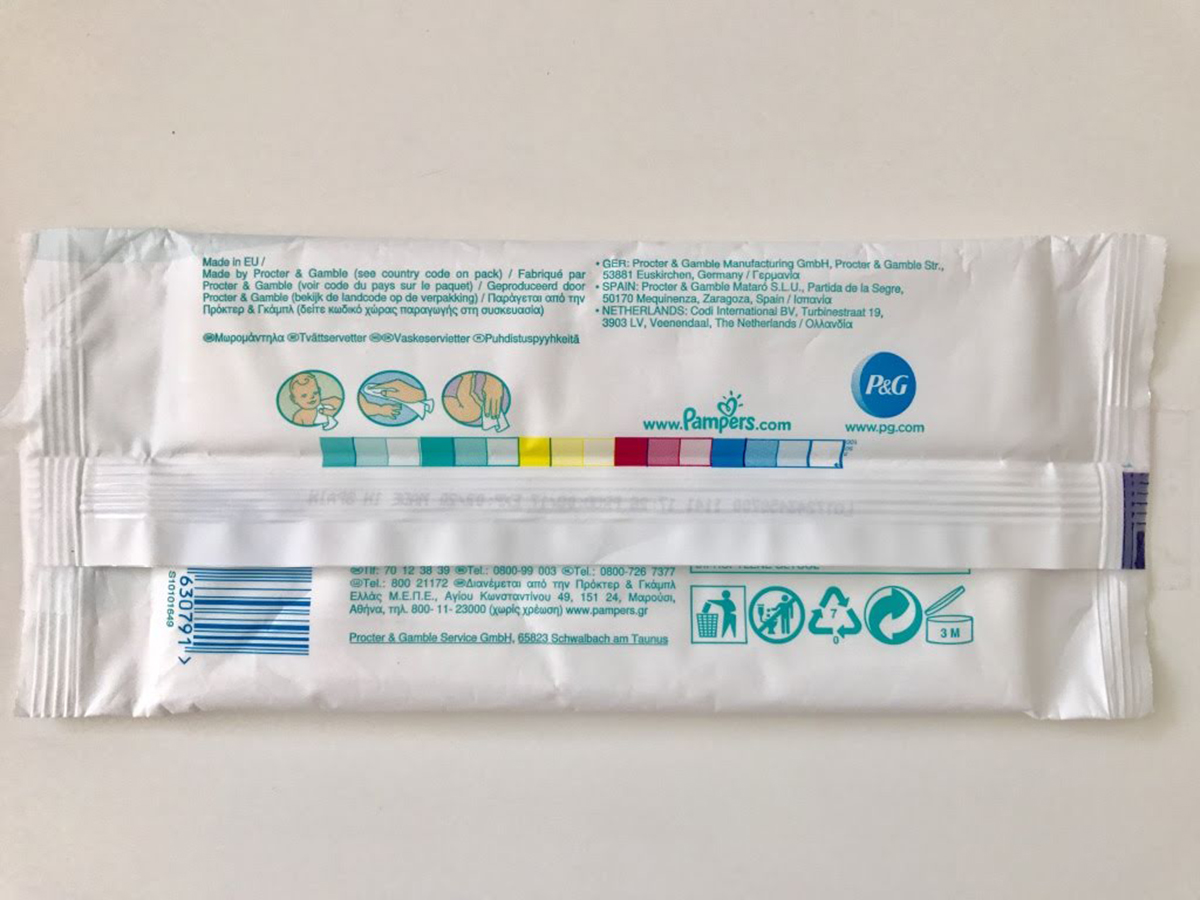
What is caprylic acid and what are the benefits of its use?
Caprylic acid is a type of saturated fatty acid that can be found in its natural form in the milk of humans, several mammals and coconut and palm kernel oil. Today when its benefits are well known, it is available as a dietary supplement in the form of pill, capsule or tablet. Since it is considered an essential fatty acid, just like omega-3 and omega-6, it affects vitality, mentality and the growth of every individual, as well as it has the ability to improve memory, concentration and physical condition. This acid is known to help in the treatment and soothing fungal infections, as well as infections caused by salmonella and ringworm. Candidiasis is a very frequent yeast infection caused by candida, and even though it is not really clear how caprylic acid functions against this fungus, it is believed that it probably dissolves the cell membrane of the yeast. It has also proven to be effective in the treatment of bacterial infections, but not all. However, infections caused by staphylococcus aureus and some species of streptococcus can be treated successfully.
Besides these medicinal uses, esters that are used in perfumery also contain it. Due to its antimicrobial characteristics, it is used in the production of sanitizers, as a disinfectant, and as a bactericide and fungicide in garden centers and greenhouses.
Is it safe for everyone and are there any side effects?
Regarding its safety, even though it rarely causes side effects the fact is that nausea, vomiting, bloating, constipation or even diarrhea are some of the gastrointestinal problems that might occur. Headache may occur as well, but none of these side effects is serious or long lasting. Also, it is important to know that caprylic acid is generally well tolerated.
Allergy may also be a possible reaction to caprylic acid, which is why it should not be suggested to those who are hypersensitive to this acid and its derivatives. It should also be avoided by people who have problems with kidneys and kidney stones, by children, and by breastfeeding and pregnant women. As for the possible interaction with some other medications, it is highly recommended to inquire about it at the doctor, or the nearest pharmacist, because they will provide the most accurate and precise information about caprylic acid.

















Your thoughts on this
Loading...